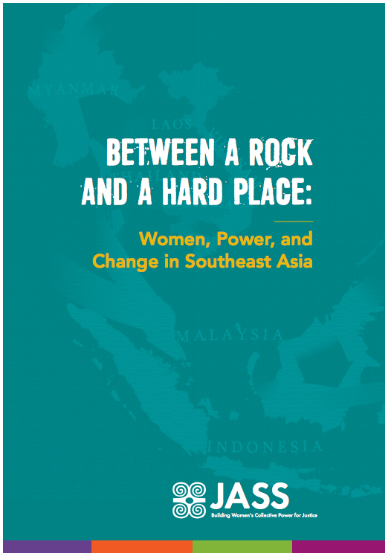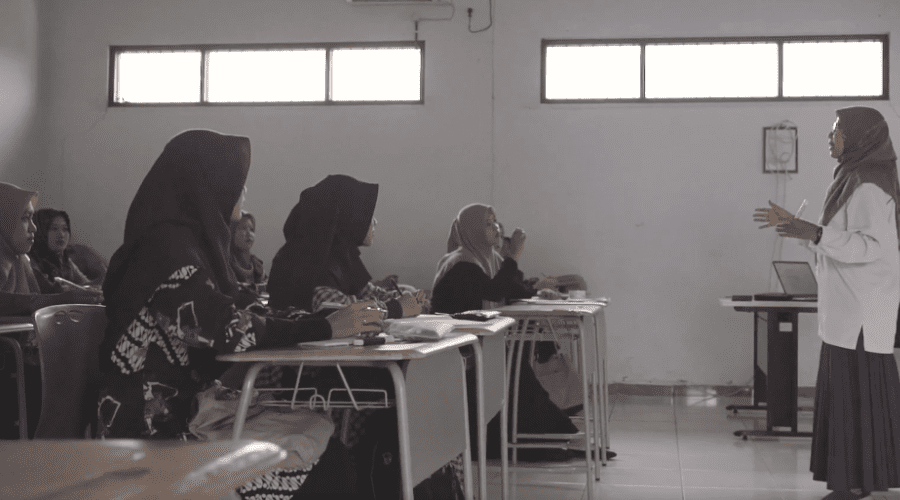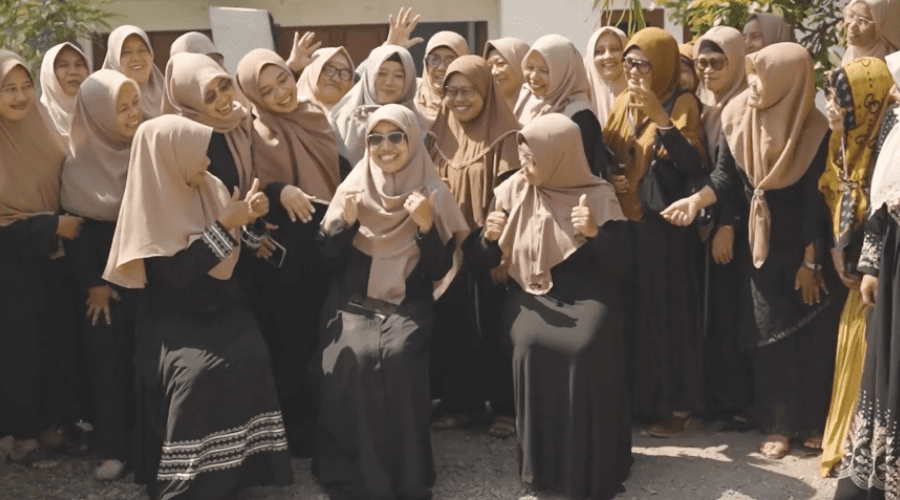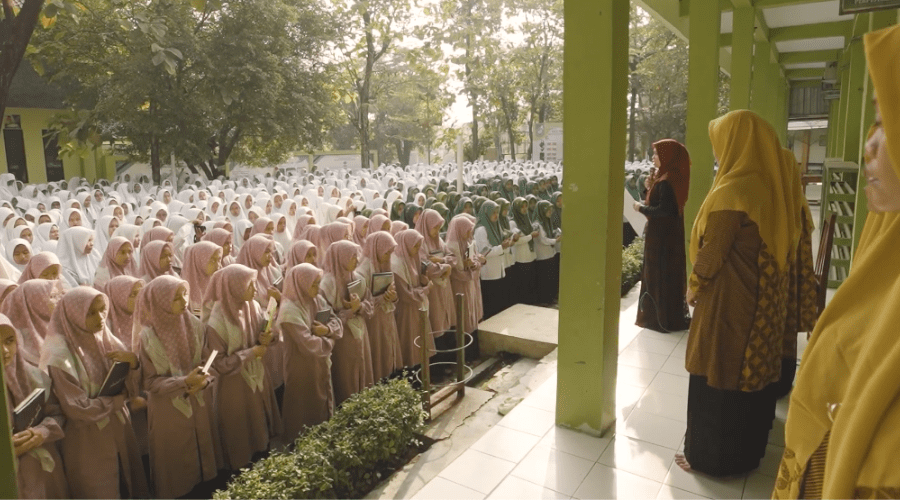A vital part of this report about the current context in Southeast Asia involves showing the ways that ordinary people, activists, human rights defenders, and social movements are organizing to protect their communities from destruction and injustice, even in extremely precarious and dangerous situations. Some of the most vocal and active participants in progressive movements for change and transformation are women from the most affected communities in the region. Although separated by language, culture, and religion, as well as by oceans and physical distances, these activists have forged sturdy relationships. By working together across identities, issues, and organizations—from Cambodia, Myanmar, and Thailand on the Asian continent, to the island nations of Indonesia and Philippines, and to Malaysia, spanning a southern peninsula on the continent and Sabah and Sarawakin on the island of Borneo—they are further strengthening their connections and capacity to lead change.
Photo Credit: Center for Women’s Resources (CWR)
Description: Women leaders from BAI Indigenous Women’s Network, Gabriela Women’s Party, and the SANDUGO Movement of Moro and Indigenous Peoples for Self-determination led the protest action held on 24 October 2016 in Manila. The protest was part of the Lakbayan ng Pambansang Minorya (Journey of the National Minorities), an annual march, rally, and camp-out (kampuhan) by minority peoples of the Philippines, including Lumad, Aeta, Mangyan, Moro, and Igorot, coming from their respective homelands. It is held in Manila and other major cities from October-November, to protest against human rights violations, lack of self-determination, exploitation of ancestral lands, and lack of basic social services within communities of indigenous peoples. The yearly event, which started in 2012 (as Manilakbayan, a combination of the words Manila and Lakbayan), is organized by the SANDUGO Movement of Moro and Indigenous Peoples for Self-determination.





























